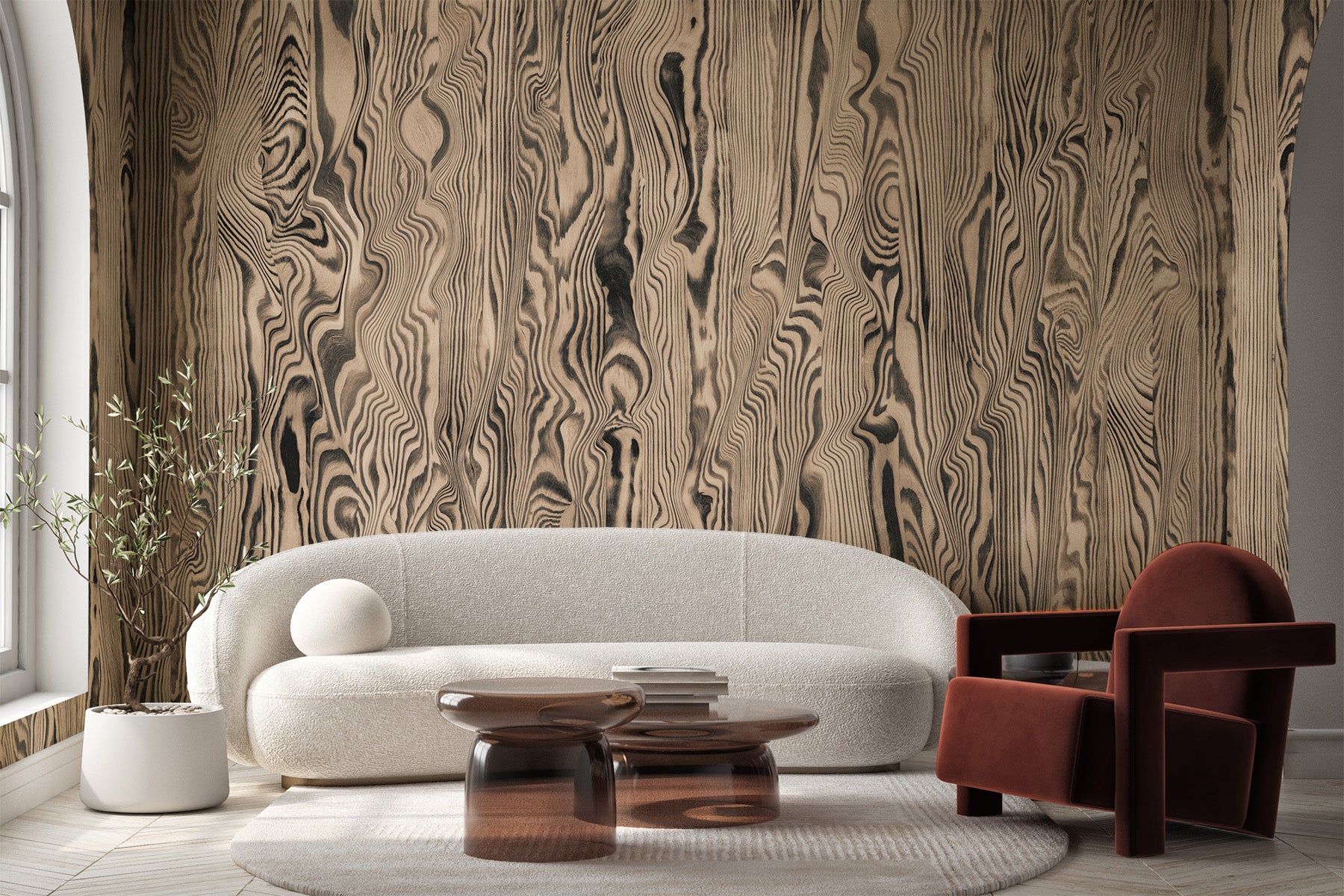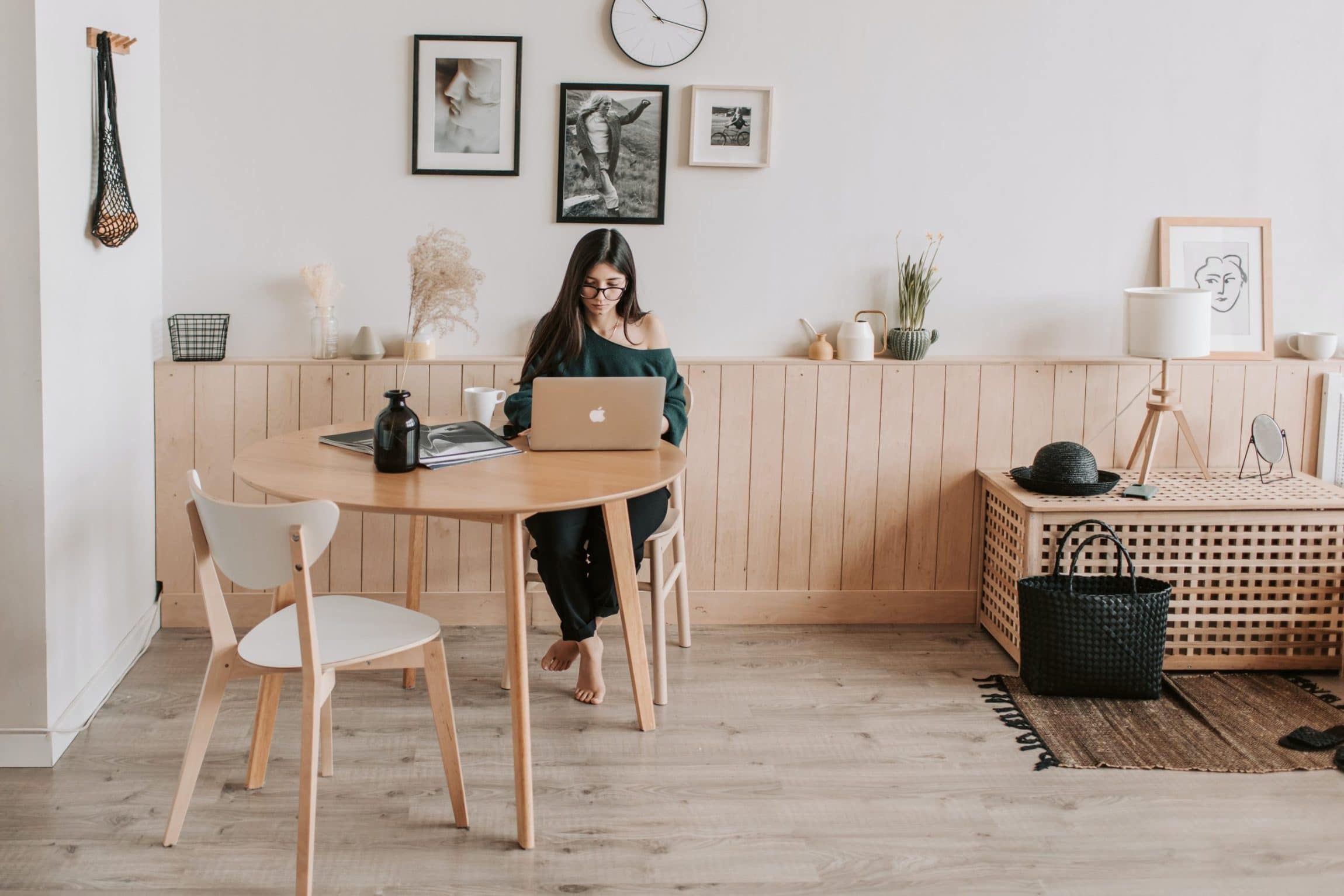Comprehending Minimalism: Methods for Decreasing Clutter and Enhancing Clearness in Everyday Living
Minimalism is increasingly identified as a feasible strategy to enhancing clarity and emphasis in today's messy world. By systematically examining our properties and prioritizing intentionality, we can produce areas that not only reflect our worths however also promote psychological health. Employing strategies such as the "Four-Box" technique can promote an extra well organized setting, yet the real difficulty depends on cultivating a minimal way of thinking that maintains these efforts. Exploring the nuances of this viewpoint may reveal unusual understandings right into just how you can transform your everyday life. When you welcome this intentional simplicity?, what might you discover.
Defining Minimalism and Its Benefits
Specifying minimalism entails understanding it as a lifestyle option that emphasizes simplicity and intentionality in both physical properties and daily routines. At its core, minimalism urges people to prioritize what absolutely matters, permitting an extra significant and focused existence. By removing the non-essential, minimalism welcomes individuals to engage deeply with their surroundings and experiences.
The benefits of taking on a minimalist approach are diverse. Firstly, it fosters mental quality, as decreasing mess in one's environment can lead to lowered disturbances and stress and anxiety. When bordered by fewer properties, people commonly report boosted concentration and boosted performance. Second of all, minimalism advertises economic flexibility; by prioritizing demands over wants, individuals can make even more informed purchasing decisions, resulting in prospective cost savings and reduced financial debt. Furthermore, a minimalist way of life can produce emotional benefits, as it urges individuals to cultivate thankfulness for what they have rather than yearning for extra.
Ultimately, minimalism is not just about material reduction but entails a holistic shift in perspective, cultivating a life characterized by gratification, equilibrium, and function. Accepting this way of life can result in extensive modifications in just how people connect and perceive with the globe around them.
Evaluating Your Existing Clutter
Mess typically materializes as a frustrating buildup of items that no longer offer a purpose, creating a barrier to achieving a minimal way of living. Take note of specific classifications of items, such as apparel, books, or kitchenware, as this will certainly help you understand the extent of the mess.

Additionally, consider the regularity of usage for each thing. Eventually, comprehending your current clutter is a critical action towards accepting minimalism and enhancing clearness in your daily living.

Practical Decluttering Strategies
Having actually assessed your present mess, the next action is to carry out functional decluttering strategies that facilitate an even more organized living space. Minimalism. One efficient method is the "Four-Box" method, where you designate 4 boxes labeled: keep, contribute, trash, and relocate. This technique urges quick decision-making and makes why not check here certain items are classified suitably
One more technique is the "One in, One out" policy, which stipulates that for every single new item obtained, an existing thing must be removed. This principle helps maintain equilibrium and stops build-up with time. Furthermore, take into consideration the "30-Day Minimalism Video Game," where you eliminate one product on the first day, two on the second, etc, cumulatively cultivating a feeling of success.
For those that battle with psychological accessories to ownerships, the "Emotional Worth" approach can be valuable. Limitation on your own to a particular number of treasured products, permitting you to value their relevance without frustrating your space. Last but not least, establish a normal decluttering schedule, look at here whether monthly or seasonally, to preserve a clutter-free setting. By employing these methods, you can develop an extra tranquil and efficient living area, eventually boosting quality in your everyday life.
Developing Deliberate Areas
Creating intentional areas entails a thoughtful approach to how we design and organize our atmospheres, making sure each area serves a particular objective and mirrors our values. This technique is necessary in cultivating a sense of clearness and function in our lives. By critically assessing the function of each space, we can get rid of interruptions and enhance our general health.
To develop willful spaces, start by determining the primary tasks that will certainly happen in each location. For example, a home office must be created to cultivate performance, incorporating components such as adequate illumination, comfy furniture, and minimal diversions. On the other hand, a leisure area must advertise tranquility, featuring calming colors and comfortable seats.
Furthermore, consider the psychological effect of your surroundings (Minimalism). Integrating personal items that resonate with your values, such as artwork or plants, can boost the connection to your room. On a regular basis assess these atmospheres to ensure they remain to serve their desired purpose as your requirements advance
Eventually, developing deliberate rooms has to do with making conscious choices that line up with your way of life, advertising harmony and efficiency in your living and working environments.
Preserving a Minimalist Mindset
Welcoming a minimal state of mind needs recurring representation and intentionality in our Continued ideas and activities. This technique involves cultivating understanding of our priorities and values, enabling us to filter interruptions and concentrate on what absolutely matters. To preserve this attitude, routine self-assessment is necessary. Establish apart time to examine your dedications, properties, and also electronic content, ensuring they line up with your core concepts.
One more trick approach is to exercise gratefulness. Acknowledging what you currently have fosters contentment and reduces the desire for unwanted. This change in point of view motivates appreciation for simpleness, boosting overall well-being. Integrating mindfulness methods, such as reflection or journaling, can even more strengthen a minimal frame of mind by promoting quality and minimizing mental clutter.
Furthermore, establish limits to safeguard your time and energy. Learn to claim no to non-essential obligations and diversions that do not add to your individual growth. Surround on your own with like-minded individuals that support your minimalist trip, as shared values can boost inspiration and responsibility.
Conclusion
Finally, accepting minimalism supplies considerable advantages, including minimized clutter and boosted clearness in life (Minimalism). By systematically assessing properties and applying sensible decluttering methods, individuals can develop willful spaces that cultivate mindfulness and gratitude. Maintaining a minimal way of thinking needs continuous examination and commitment to simplicity, ultimately resulting in an extra concentrated and satisfying way of living. The principles of minimalism work as valuable devices for growing a setting that supports individual growth and wellness.
:strip_icc()/HopeAustinKeough03-65387902a06c421eb0b55cd34f8e0485.jpg)
Furthermore, take into consideration the "30-Day Minimalism Video Game," where you remove one thing on the very first day, two on the 2nd, and so forth, cumulatively fostering a sense of success.
In conclusion, welcoming minimalism uses considerable benefits, consisting of lowered clutter and enhanced clarity in day-to-day life.